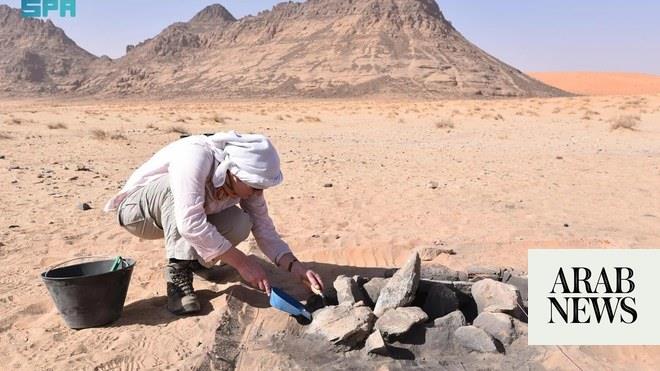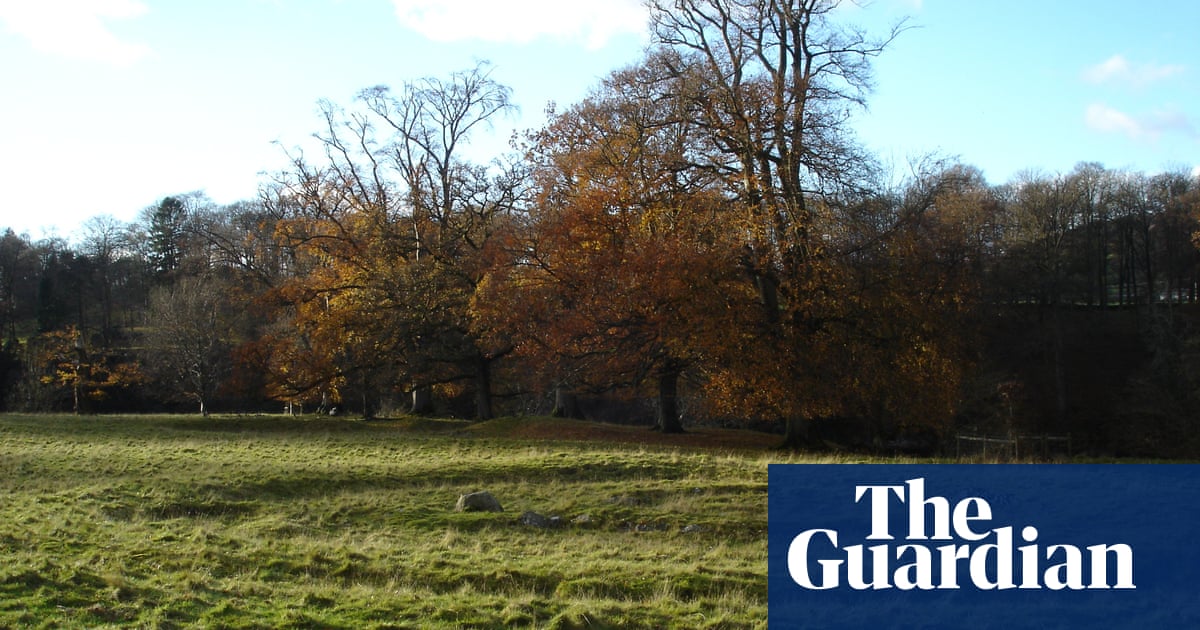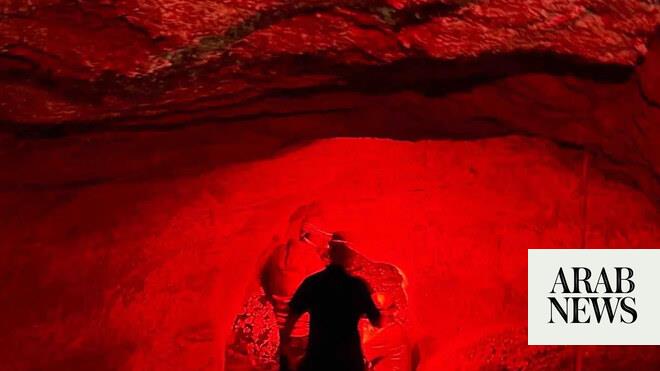
RIYADH: An international team of researchers has found evidence of what is thought to have been a major prehistoric human settlement near Irf Mountain in the Kingdom’s northwestern Hail region.
The Saudi Heritage Commission, working in cooperation with the German Max Planck Institute on the Green Arabia project, revealed the findings in a study published in PLOS ONE journal.
Researchers and specialists from Saudi Arabia, Australia, UK, Italy and the US are studying archaeological material from several locations dating back to the middle and late Holocene eras between 6,000 and 4,500 years ago.
The site includes a rock shelter, as well as evidence of settlements and seasonal human activity.
Among the findings are mills and stone pestles used in daily activities even after being broken due to frequent use.
Some of the items were found inside fire stoves covered with small stones and fragments of broken pestles.
Microscopic examination of a number of items is being used to determine the methods of use and dietary habits of people in the period.
Researchers believe evidence from the site may reveal people’s transition from hunting to cultivation and the beginnings of an economic transformation.
Pestles were commonly used to extract marrow from animal bones, an important dietary source in the Neolithic period.












